It's especially crucial to store food properly when backcountry camping. Your food will be out of reach of wildlife if you store it in a bear hanger.
Bears
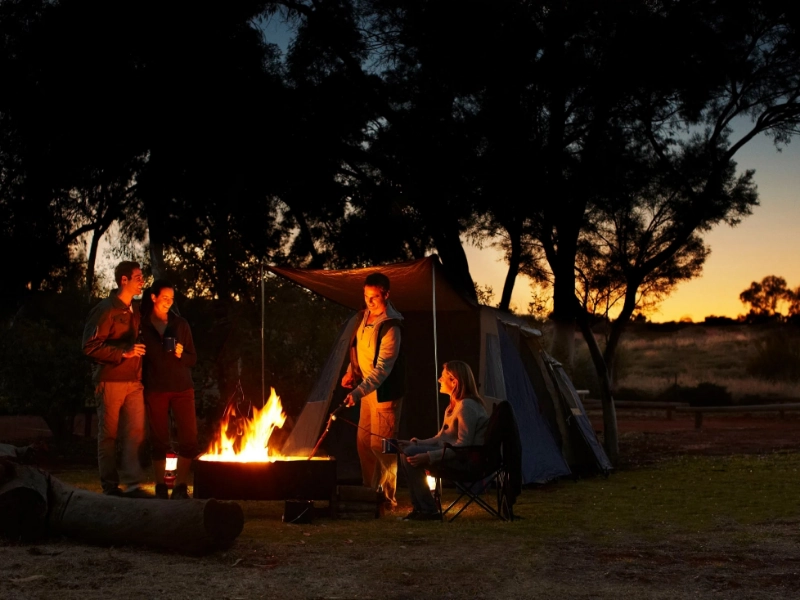
Because of their keen sense of smell, bears are opportunistic omnivores that quickly discover where campers store food. Keeping food inside your tent or easily accessible is not a good idea, even if you're camping in a bear-free area. (A black bear I once witnessed tearing apart a number four Duluth Pack with no food odour on it was only able to do so because of prior experience plundering previous camps.)
When camping in bear country, use the right food storage procedures to protect both you and the bears. If required in some parks, use a bear canister and hang your bag at least ten feet off the ground, preferably upwind of where you cook and sleep. Additionally, never hide food at a campsite, and always position your food at least 100 yards from your sleeping area. Mice and ground squirrels follow the same rules; they pick up on where and in what containers campers store their food very quickly.
Rats
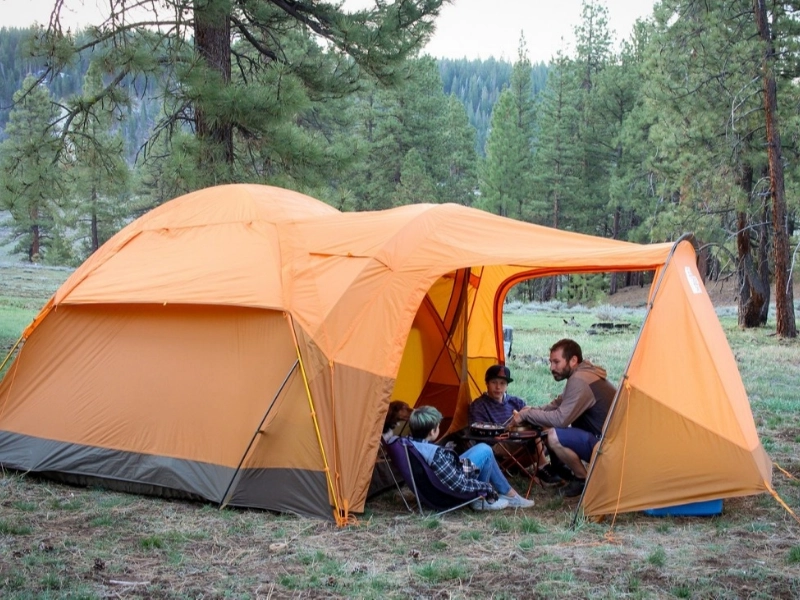
Additionally, rodents can completely spoil a camping trip. They can gnaw through almost anything, including tent fabrics, and are incredibly fast at finding hiding places. They will consume everything that is left behind and strew excrement all over the place. Rats, in contrast to bears, have no fear of people and will charge at them without delay.
Being nocturnal animals, they are adept at sneaking around in the dark and entering any open food containers. Food should be secured in a bear canister for backpackers and kept in a metal cooler for car campers. It's also crucial to remove all waste from the campsite and dispose of it properly—either by burning it or burying it.
Rats will be turned off by the scents of peppermint, lemon, eucalyptus, and citronella. A few cotton balls infused with these essential oils should be placed on the ground outside of your tent as well as in its corners. Rats won't be able to enter your sleeping space because of this.
Food Storage
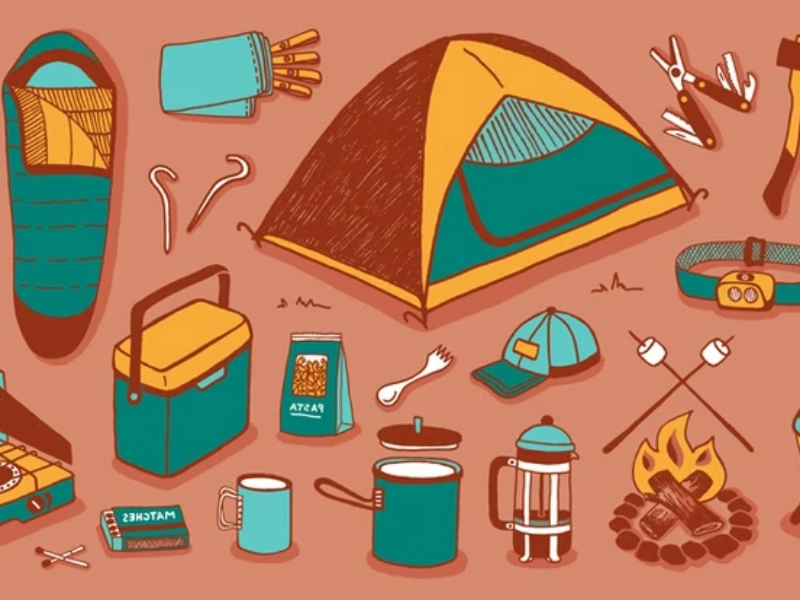
Your tent, sleeping bags, and camping mats are all neatly placed in the car, along with all of your other necessary camping equipment. You've made sure you have the appropriate quantity of mosquito repellent three times. Packing food for a weekend-long outdoor camping trip is the only thing left to do.
A good camping trip depends on having enough food storage, not just to keep rodents and squirrels away from your possessions. Bears and other wild creatures may be drawn to a camp by the scent of food stored in a tent, particularly if the camp is also smelling of dirty dishes.
Hang your food and garbage bags away from the tent and its immediate surroundings, or buy a bear canister for your campsite, to keep the scents contained and properly disposed of. Cooked food and food scraps can be smelled by animals for up to a mile. Don't forget to give your plates and cooking equipment a thorough wash before putting them next to the tent.
Tidiness
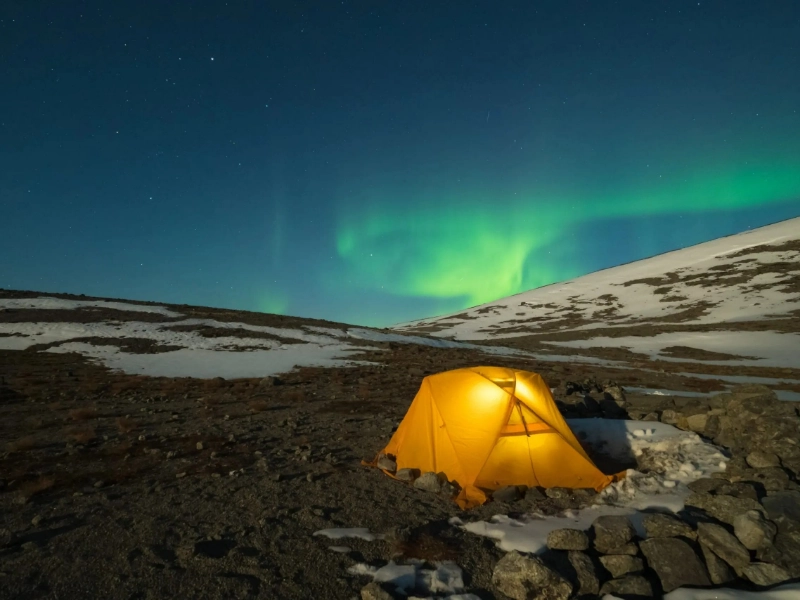
An important aspect of camping is cleanliness. Keeping your tent tidy creates a nicer atmosphere overall and more pleasant sleeping quarters.
One technique to reduce the amount of dirt and debris that enters your tent is to place a tarp nearby. Another excellent choice is a mat at the door. When it's time to pack up and head out, these gadgets can help keep your tent tidy.
Additionally, it's crucial to have a broom and dustpan on hand in case you need to clear the area around your tent of any leaves, tiny stones, or other debris. Having these things on hand can also help you get rid of unwanted smells from past campers or even from your own aroma.
Spot treat the area first with a sponge and mild dish soap or an organic cleanser with citrus extractor to get rid of tough stains. After that, towel and rinse the area before dressing in your pyjamas.
Advertisement
Recommended Reading: Does your tent allow food?
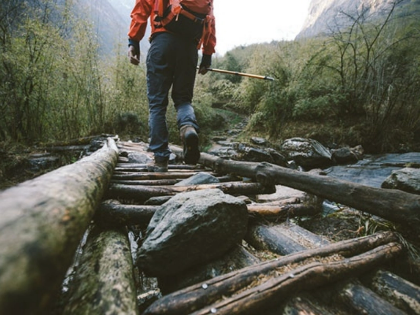

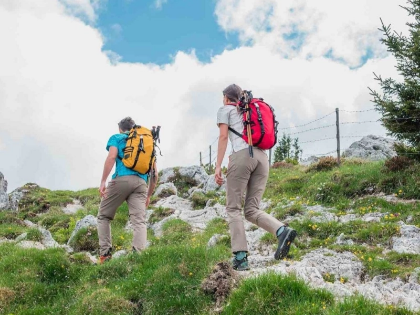
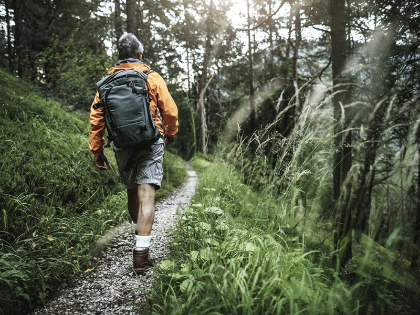
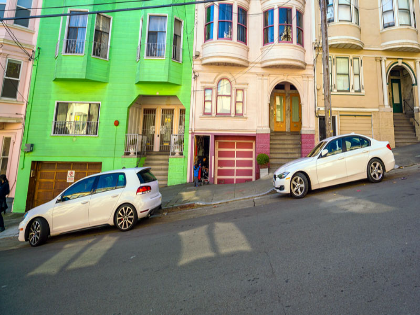
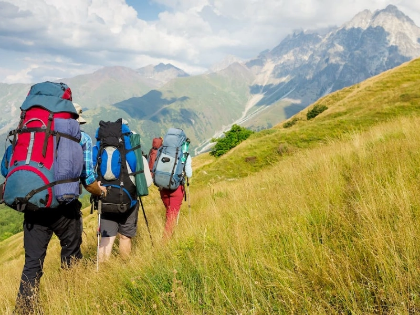
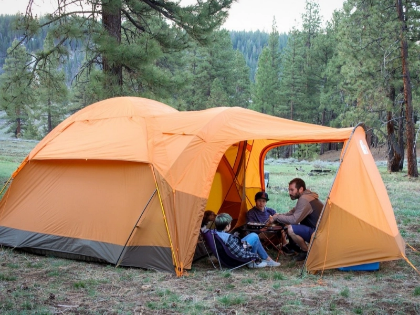
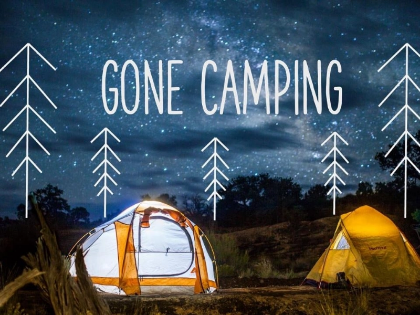
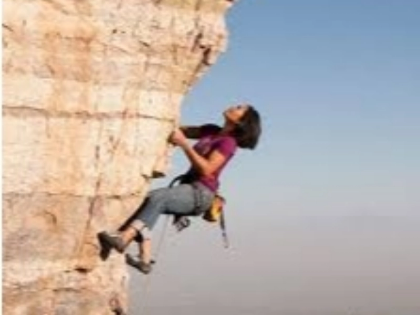

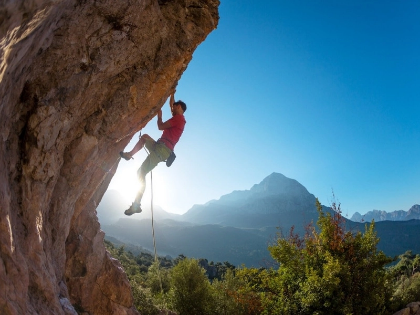
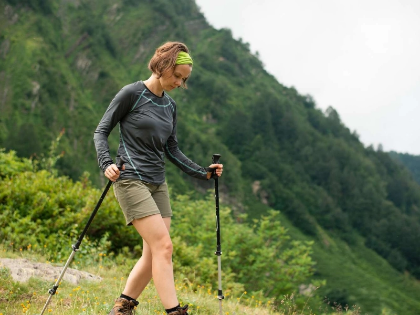
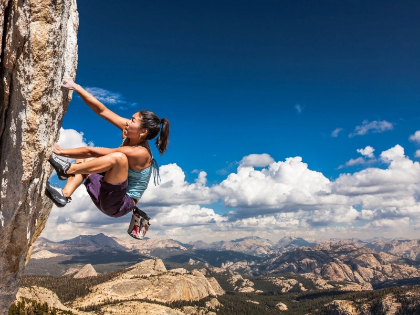
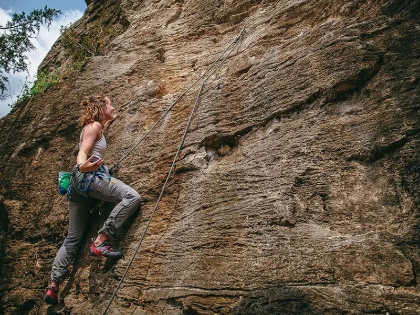
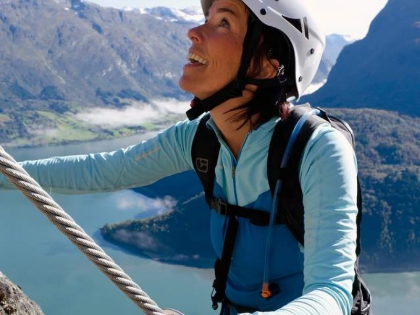
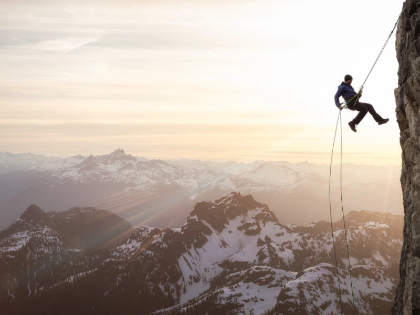
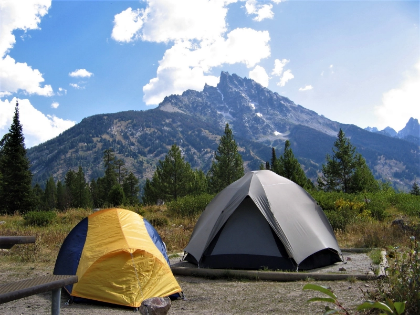

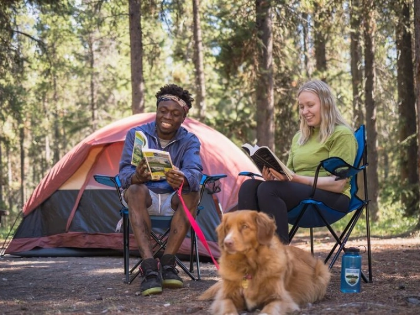

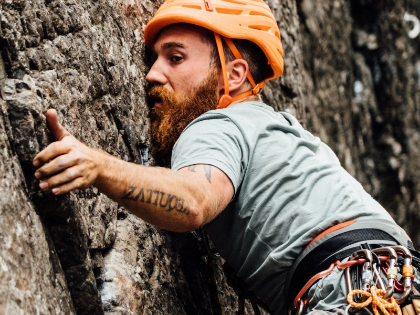

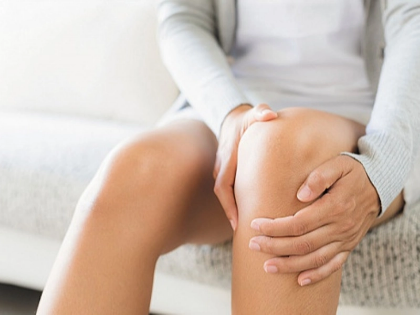
Want a version with metrics.
Liberates focus for higher-order work.
Frictionless read.
This choreography reads polished.
Ethos of respectful minimalism.